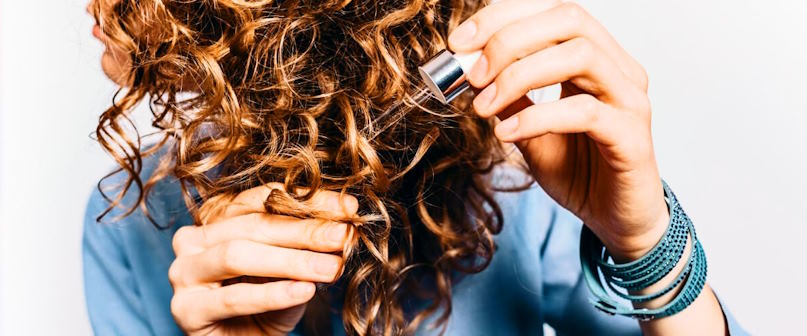How To Solve The Problem Of Thin Hair?
Having thin hair can be a source of frustration and concern for many individuals. It can impact self-esteem and make it challenging to achieve the voluminous, luscious locks seen in magazines and on social media.
However, the good news is that you don’t have to settle for thin, lackluster hair. Effective strategies and solutions are available to help you address the problem of thin hair and transform it into a fuller, more voluminous mane.
What are the reasons for thin hair?
One significant factor is genetics, as your genetic makeup largely determines hair thickness. If your family members have naturally thin hair, there is a higher chance that you may also have inherited this characteristic.
Besides, hormonal changes can play a role in hair thinning. Events like pregnancy, childbirth, menopause, or hormonal disorders can disrupt the hair growth cycle and result in temporary or prolonged thinning.
Another important consideration is nutritional deficiencies. Inadequate intake of essential nutrients like vitamins, minerals, and proteins can impact hair health and contribute to thinning.
Don’t forget that physical and emotional stress can also affect hair thickness. Physical stress caused by surgeries, illnesses, traumatic events, and emotional stress can disrupt the normal hair growth cycle and lead to temporary shedding and thinning.
Understanding the specific reason behind your hair thinning is crucial in determining the appropriate action. Consulting with a healthcare professional or dermatologist can provide valuable insights into the underlying cause and help develop a personalized plan to address thinning hair effectively.

How can you solve the problem of thin hair?
To address the problem of thin hair and promote thicker, fuller-looking strands, consider the following solutions:
Proper Hair Care Routine
Establish a gentle and nourishing hair care routine. Use sulfate-free and volumizing shampoos and conditioners that provide hydration without weighing down the hair. Avoid excessive shampooing and opt for lukewarm water instead of hot water to prevent stripping natural oils from the scalp.
Hair Thickening Products
Incorporate hair-thickening products, such as volumizing mousses, sprays, or serums, into your styling routine. These products can give the appearance of fuller hair by adding texture, volume, and body.
Avoid Overstyling and Heat Damage
Minimize using heat styling tools and harsh chemical treatments that can further weaken and damage the hair. Embrace air drying and low-heat styling methods to reduce heat-related damage.
Balanced Diet and Supplements
Ensure your diet is rich in essential nutrients for hair health, including proteins, vitamins (such as Biotin, Vitamin D, and Vitamin E), and minerals (like Iron and Zinc).
Scalp Care
Maintain a healthy scalp environment by keeping it clean and free from excessive oil or product buildup. Gently massage the scalp to stimulate blood circulation, promoting hair growth.
Professional Treatments
Some effective options include scalp treatments to improve circulation and nourish the scalp, hair extensions for instant volume, keratin treatments to enhance texture and manageability, laser therapy to stimulate hair growth, and platelet-rich plasma (PRP) therapy to promote thicker hair.

